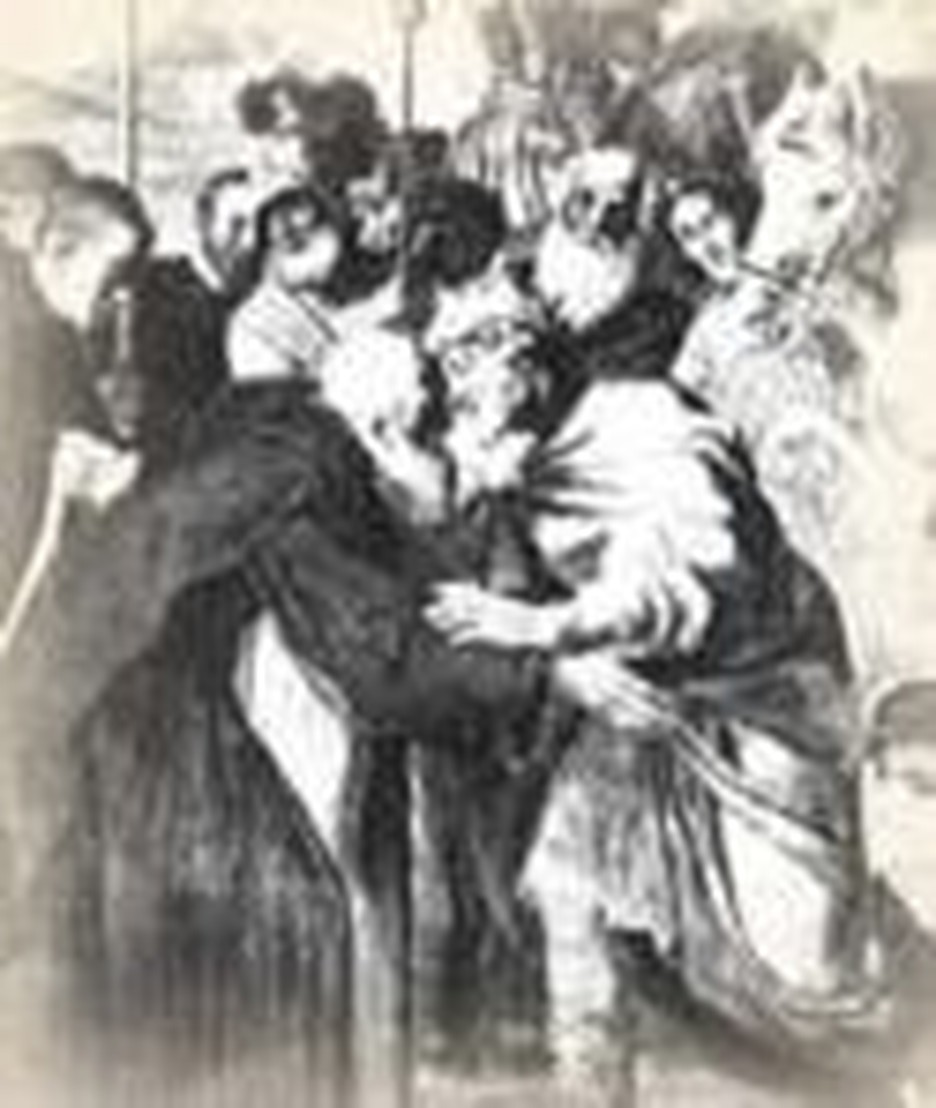
These are some of the key events and developments in Christian history during the 10th century. The century saw the spread of Christianity into new regions, the growth of monasticism, and various theological and political changes within the Church.
10 Century Christian History
900: Conversion of the Rus
- The Christianization of the Rus people, centered in what is now modern-day Russia and Ukraine, began in the late 9th century but continued into the 10th century. The efforts were primarily led by Byzantine missionaries.
910: Cluny Abbey Founded
- Cluny Abbey in France was founded by Duke William I of Aquitaine. It became a center of monastic reform and played a crucial role in the reform movement known as the Cluniac Reforms, which sought to combat corruption within the Church.
987: Conversion of Vladimir the Great
- Grand Prince Vladimir, I of Kiev converted to Christianity, marking a significant turning point in the Christianization of the Kievan Rus. Vladimir's conversion profoundly impacted the religious and cultural landscape of Eastern Europe.
988: Christianization of Kievan Rus
- Following Vladimir the Great's conversion, Kievan Rus officially adopted Christianity as the state religion. This event solidified Eastern Orthodoxy as the dominant form of Christianity in the region.
996: Otto III Becomes Holy Roman Emperor
- Otto III, a member of the Ottonian dynasty, became Holy Roman Emperor. He was known for his close relationship with the papacy and his efforts to strengthen the authority of the Roman Catholic Church in the Holy Roman Empire.
999: Pope Sylvester II
- Pope Sylvester II (Gerbert d'Aurillac) served as Pope from 999 to 1003. He was a significant figure in the history of the Church due to his promotion of education and scholarship, particularly in the fields of mathematics and science.
10th Century Schisms
- Throughout the 10th century, various theological disputes and schisms occurred within the Christian Church, particularly in the Eastern Orthodox Church. These disputes often revolved around issues of doctrine and the authority of the Patriarch of Constantinople.
Monasticism and Manuscript Production
- The 10th century saw continued growth in monastic communities throughout Europe. Monasteries played a crucial role in preserving and producing manuscripts, contributing to the preservation of knowledge and Christian texts.
Viking Invasions and Christianization
- In Northern Europe, Viking invasions and settlements continued to shape the religious landscape. As Vikings settled in various regions, they were gradually converted to Christianity, leading to the Christianization of Scandinavia.
Spread of Christianity in Africa
- In North Africa, Coptic Christianity continued to thrive, and Christianity spread into other parts of Africa, such as Ethiopia and Nubia.
Christianity continues to spread among the peoples of Eastern Europe during this century.
• To the east, Hungarians and Poles began to convert to Christianity, and Christianity reached Iceland and Greenland to the west.
• Ecclesiastical leaders were increasingly becoming embroiled in the political struggles of the European continent.
• Benedictine monastery established 909 at Cluny; becomes the center of a reform movement for the church to rid itself of the increasing secularization of its institutions and practices.
• Bohemian people embrace Christianity, but their "Good King [Duke] Wenceslaus" is soon murdered c. 929 by opposing pagan rivals.
• 988--Vladimir, sole ruler of Kievan Rus is baptized. There people were baptized at Pentecost. That same year Vladimir married Princess Anna, sister of Basil II, Emperor of Byzantium.
• Otto the Great (emperor 936-973) revives Charlemagne's dream of a Holy Roman Empire among the German people. In some form Otto's empire continues until the time of Napoleon.
• 993--Saints begin to be officially canonized by the Roman church.
• Private confession develops from public confession in both Eastern and Western Churches. The Roman Church begins the concept of indulgences. (No sure evidence of this before the 11th century.)
• Papacy reaches a low point in morality.
• As the year 1000 approaches, many fear the end of the world and the Last Judgment.



